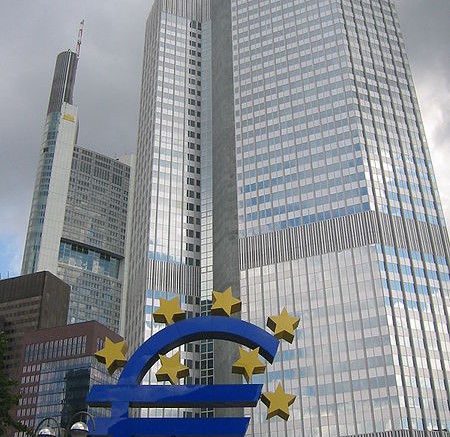Renta 4 : A flat European opening, in a session in which around 25 of our companies in coverage will publish 4Q22 results and where the macroeconomic focus will be on the first inflation data for February in Europe. On the Japanese side, consumption in January was good (retail sales +1.9% vs +0.4%e and +1.1% previously) but manufacturing was weak (industrial production -4.6% vs -2.9%e and +0.3% previously).
Today we will see February CPI in France (6.1%e year-on-year overall vs 6% previously) and Spain (5.8%e year-on-year overall vs 5.9% previously, 7.5% year-on-year core previously), ahead of Eurozone data on Thursday (8.3%e vs 8.6% year-on-year overall previously, although core would remain at a high of 5.3%). Any data suggesting an intensification of inflationary pressures or less moderation than expected will be interpreted in terms of the need for higher rates for longer by the ECB.
The ECB finds itself in the difficult position of dealing with uncomfortably high price levels and deterioration in the cycle at the same time. Yesterday, February’s Eurozone confidence broke the improving streak of the last months, which in turn is revised downwards, in a sign of concern regarding high inflation and the degree of economic deterioration, which could intensify in 1Q23. Leading indicators of the cycle are more cautious than the PMIs suggest. At the price level, moderation in goods (improvement in supply chains, lower energy costs) but increasing pressure in services with higher wage pressures that could worry the ECB. The market has raised the arrival level of the deposit rate to 3.80% and moved it to 2024.
Meanwhile, in the US we will be watching the Conference Board’s consumer confidence, with expectations of stabilisation in February.





